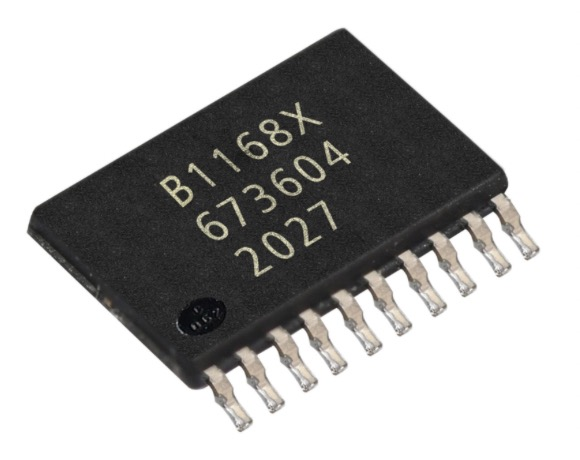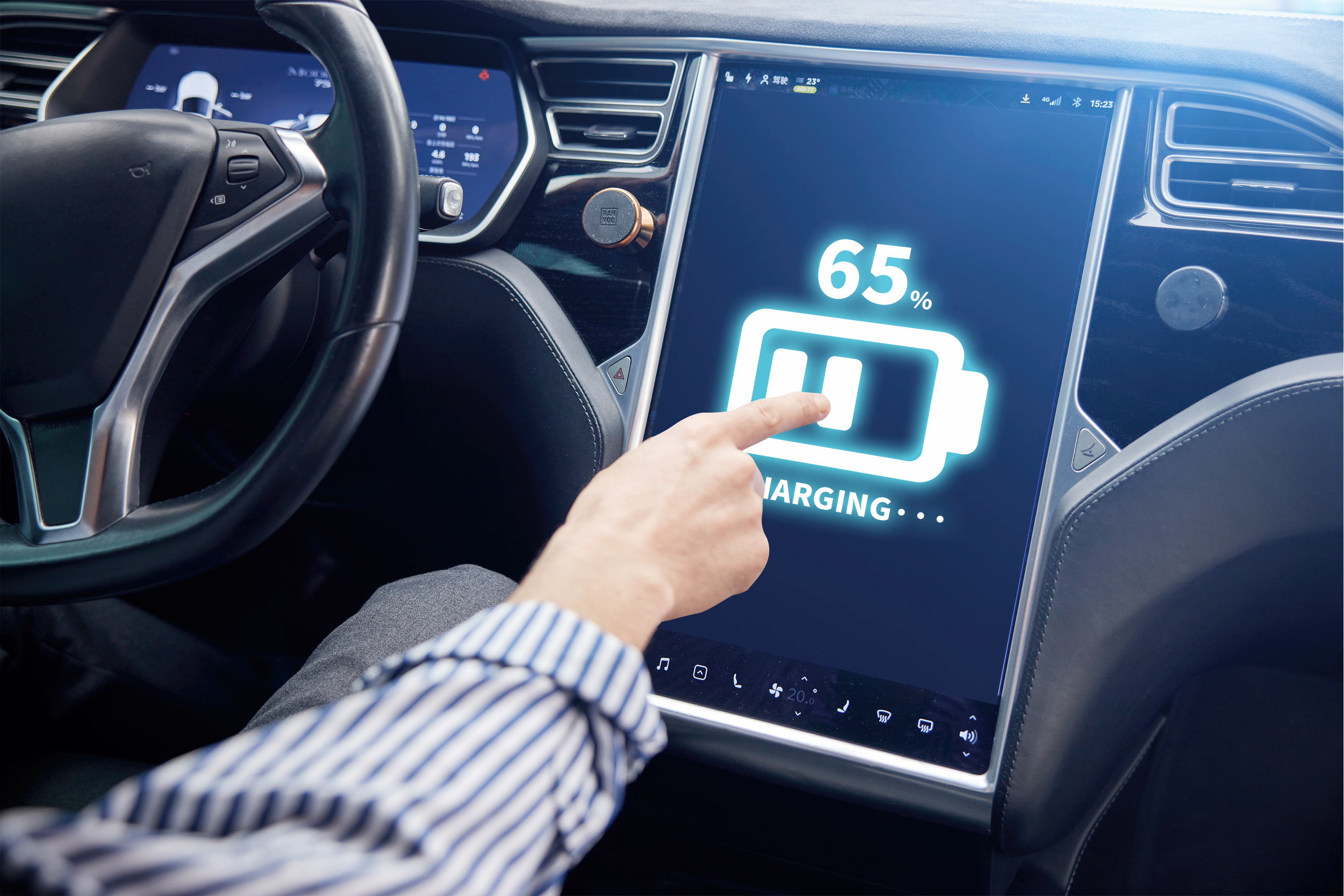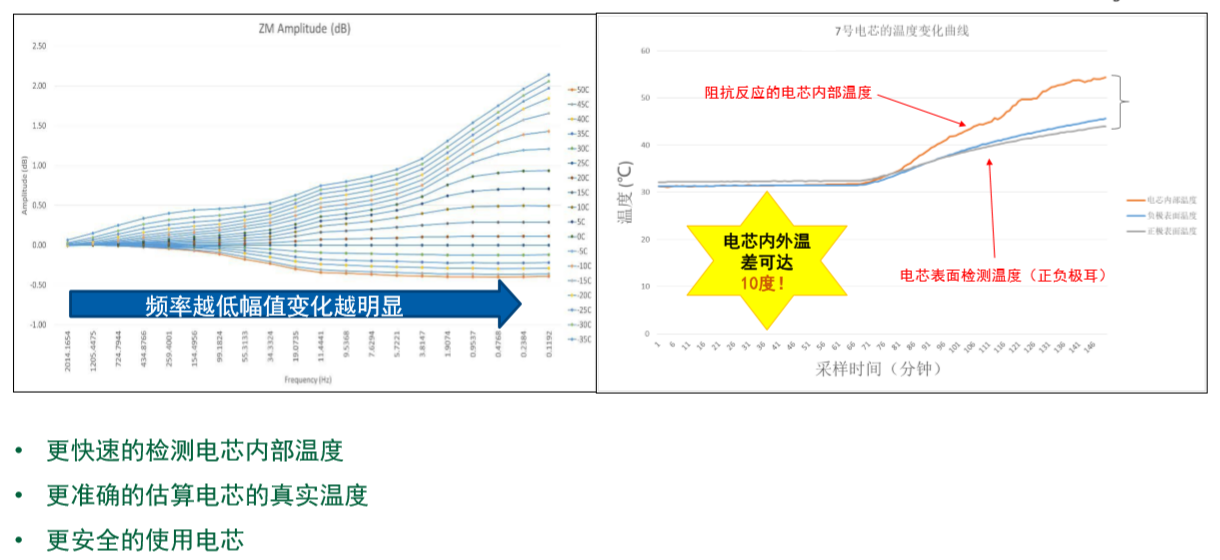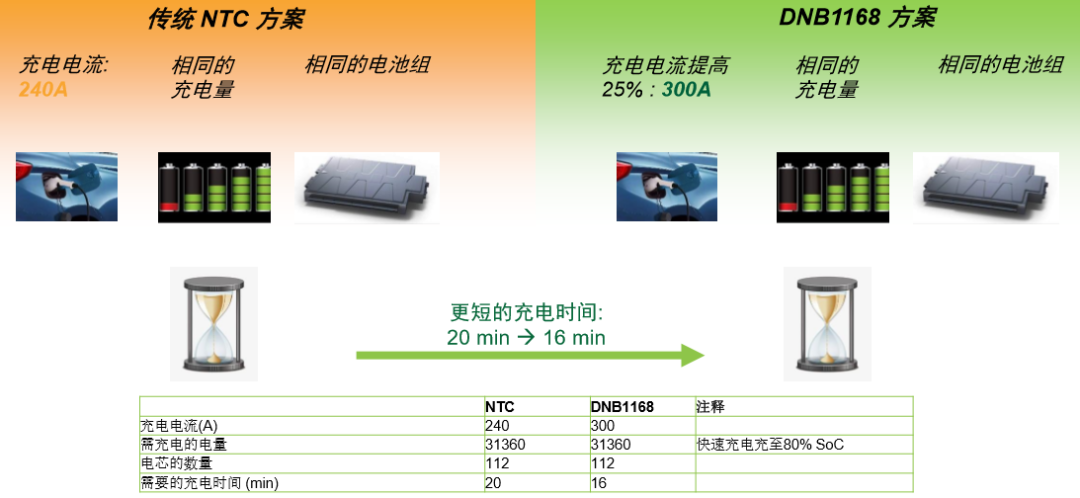This winter seems even colder than usual. "In the blink of an eye, 23 years have entered their final month. Electric vehicles are facing the same winter challenge as before. Compared to the intuitive feeling of temperature, for electric vehicle owners, it is not only the weather that brings coldness, but also the anxiety of the battery of their purchased electric vehicle.

Recently, there have been heavy snowstorms in the north, and it is another cold winter. New energy vehicle
owners are facing unprecedented energy consumption challenges Due to the poor performance of current
battery technology in low-temperature environments, the vehicle's range has significantly decreased, coupled
with the use of winter air conditioning, resulting in a false indication of battery power. New energy vehicle
owners are looking for charging facilities one after another, but during low-temperature charging, due to the
increased internal resistance of the battery at low temperatures, the insertion of lithium ions on the graphite
electrode of the battery and the lithium plating reaction coexist and compete with each other. Under low
temperature conditions, the diffusion of lithium ions in graphite is suppressed, and the conductivity of the
electrolyte decreases, resulting in a decrease in the insertion rate. This makes the lithium plating reaction
easier to occur on the surface of graphite. Ultimately, it leads to a decrease in charging rate and affects the
battery's lifespan. The main reasons for the decrease in lifespan of lithium-ion batteries when used at low
temperatures are the increase in internal impedance and the capacity degradation caused by lithium ion
precipitation. Therefore, charging and discharging at appropriate internal resistance and temperature can
greatly improve battery lifespan.
The battery management system of Datang NXP can quickly and effectively detect the current internal
resistance (in seconds) of the battery, thereby estimating the internal temperature of the battery. In addition,
its single cell architecture can achieve full temperature coverage of each cell, achieving dual temperature
assurance, which can enable the battery to operate within a more suitable temperature range, effectively
ensuring battery stability and improving battery life.
01 Battery Management System

DNB1168 is a globally leading single-cell monitoring chip with integrated (EIS) AC impedance spectroscopy monitoring
function.The chip has passed dual certification of AEC-Q100 automotive grade and ISO 26262:2018 ASIL-D, the highest
functional safety level in the automotive industry. The chip integrates multiple high-precision battery parameter monitoring functions internally, supporting voltage, temperature, AC impedance detection, balancing, and various fault diagnosis functions. It can provide exclusive battery online "CT" detection technology worth hundreds of thousands of yuan for batteries, providing a new detection dimension for battery management systems and realizing health monitoring of the entire life cycle of batteries.
02 Practical Application in Winter

In the low temperature weather of Blizzard, if the temperature drops below 0 ℃, the discharge capacity of ordinary lithium
batteries will correspondingly decrease, causing the power to disappear by half when the switch is turned off.
In addition, data shows that the capacity of ordinary lithium batteries will decrease by 20% at 0 ℃; When the temperature
reaches minus 10 ℃, the capacity may only be about half. Moreover, the lower the temperature, the poorer the ionization
activity of the battery, which will lead to a decrease in charging efficiency, known as "difficult charging and low capacity",
and greatly increase battery life anxiety.

In practical applications, in order to allow customers to charge even when the temperature is below 0 ℃, the vast majority
of electric vehicles are equipped with battery heating function. When the car owner inserts the charging gun, first heat
the battery to a temperature above 0 ℃ before starting charging.
Therefore, in the low temperature of winter, higher requirements are put forward for battery temperature monitoring and
insulation in low-temperature environments.
03 Fast Charging and Thermal Insulation in Winter
The use of lithium batteries in low-temperature environments is limited. In addition to severe degradation of discharge
capacity, using batteries at low temperatures can also lead to a decrease in battery life. The low temperature in winter
also means that the system needs more electricity to keep the battery warm.

In the low temperature of winter, Datang NXP provides an effective solution to the severe challenges faced by batteries!
The Datang NXP DNB1168 battery management system has an internal temperature estimation function, which can
quickly heat up the battery before low-temperature charging, shorten the heating time, reduce heating and insulation
energy consumption, and ensure that the battery can always work within the optimal temperature range
In addition, charging will cause the battery temperature to continue to rise, and the charging power will also increase
accordingly. Therefore, for electric vehicles in winter, it is very important to be able to quickly determine temperature
changes during use.

The DNB1168 battery management system of Datang NXP can quickly and accurately estimate the internal temperature
of the battery in low-temperature environments, provide early warning, and dare to increase the charging and discharging
current. No matter what situation occurs, the system can quickly make strategic responses. It can also keep the battery at
a suitable working temperature, avoiding an increase in resistance, a decrease in capacitance, and a reduction in mileage
in low-temperature environments.
If the hidden dangers of power battery range and stability cannot be completely solved for the public, no matter how
good or advanced the marketing is, it cannot sustain the brand development in the long run. Datang NXP's battery
management system not only achieves the ultimate in safety, but also is definitely a leader in performance and intelligence
in the industry, making the internal management of batteries orderly. Professional battery cells and chip development
far beyond national standards provide consumers with more reassuring batteries!